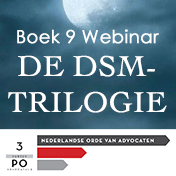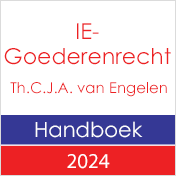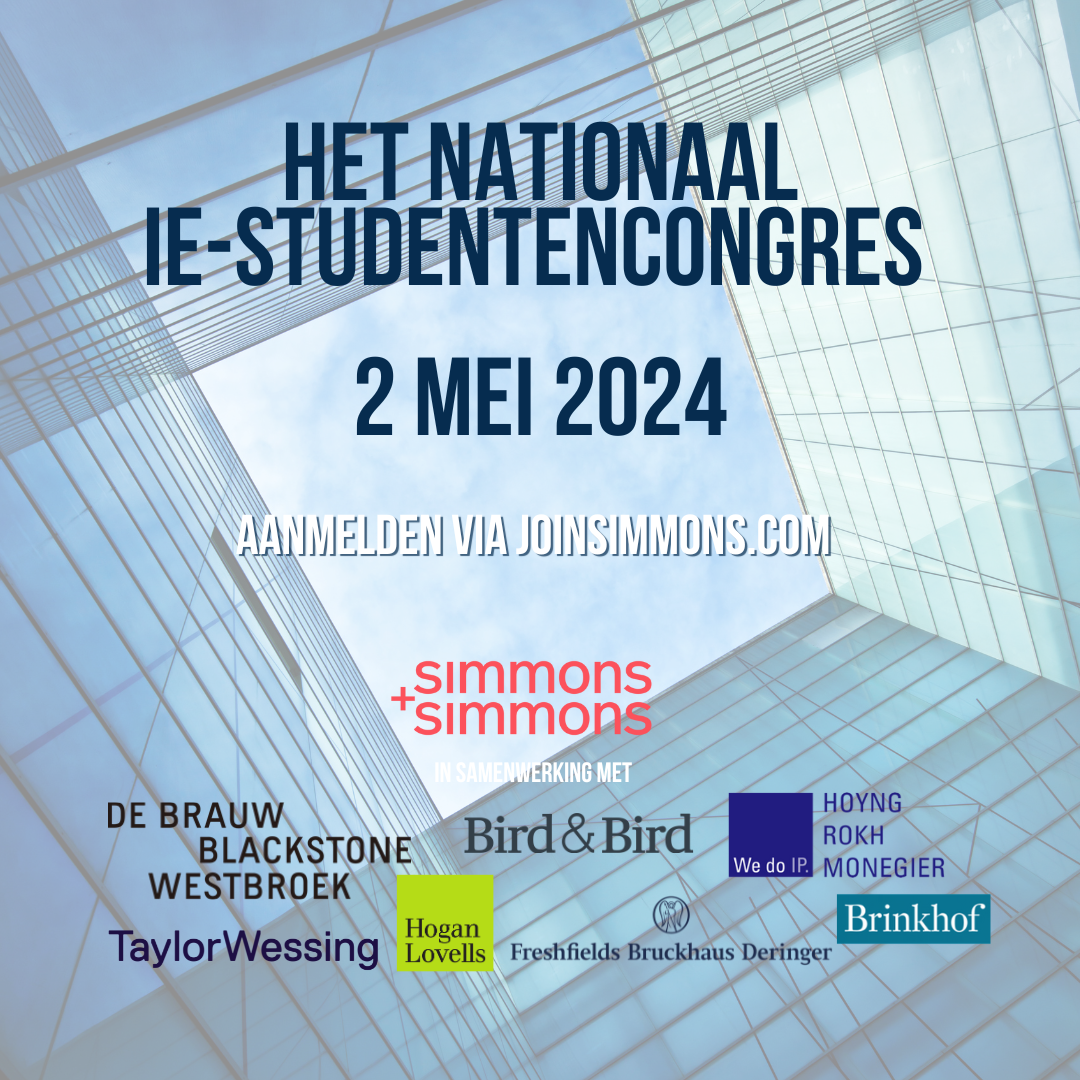 B9 10415. Prof mr. P.B. Hugenholtz (IViR) en Prof mr. M.R.F. Senftleben (VU): Fair use in Europe. In search of flexibilities.
B9 10415. Prof mr. P.B. Hugenholtz (IViR) en Prof mr. M.R.F. Senftleben (VU): Fair use in Europe. In search of flexibilities.
Een gedegen wetenschappelijk bijdrage aan het huidige fair use debat: “This study examines copyright flexibilities from the perspective of EU, international and national law. (…) There appear to be good reasons and ample opportunity to (re)introduce a measure of flexibility in the national copyright systems of Europe. The need for more openness in copyright law is almost self-evident in this information society of highly dynamic and unpredictable change. A historic perspective also suggests that copyright law, particularly in the civil law jurisdictions of Europe, has lost much of its flexibility in the course of the past century. By contrast, with the accelerating pace of technological change in the 21st Century, and in view of the complex process of law making in the EU, the need for flexible copyright norms both at the EU and the national level is now greater than ever.
Whereas legal doctrines external to copyright, such as freedom of expression and information, and abuse of right, may on occasion provide ‘first aid’, the authors of this study believe that a measure of flexibility should be available inside the system of copyright proper. But this need not imply the introduction into European copyright law of an American-style general fair use provision. There are drawbacks and risks associated with establishing a completely open norm into copyright systems that, like those of the author’s right tradition in most Member States, traditionally provide for circumscribed limitations and exceptions that offer a good deal of predictability and legal security. We would therefore recommend to introduce a measure of flexibility alongside the existing structure of limitations and exceptions, and thus combine the advantages of enhanced flexibility with legal security and technological neutrality.”
Lees de gehele studie hier.



























































